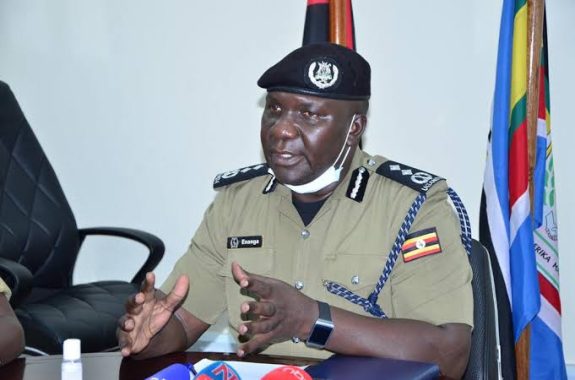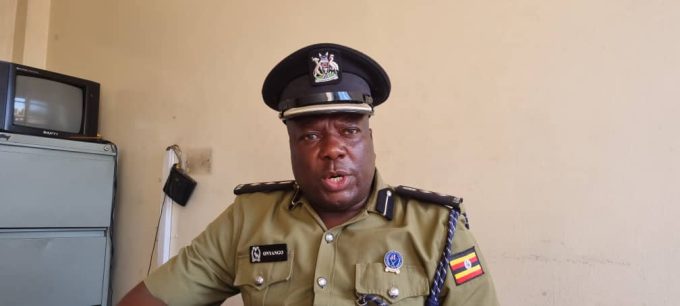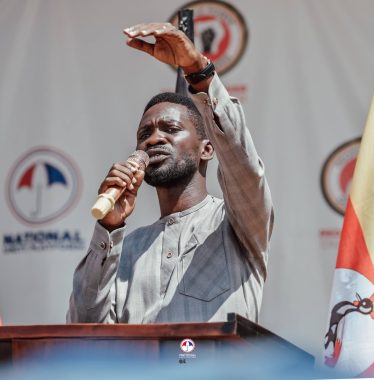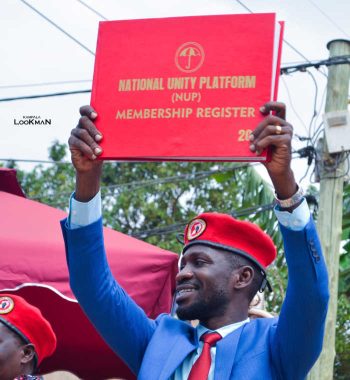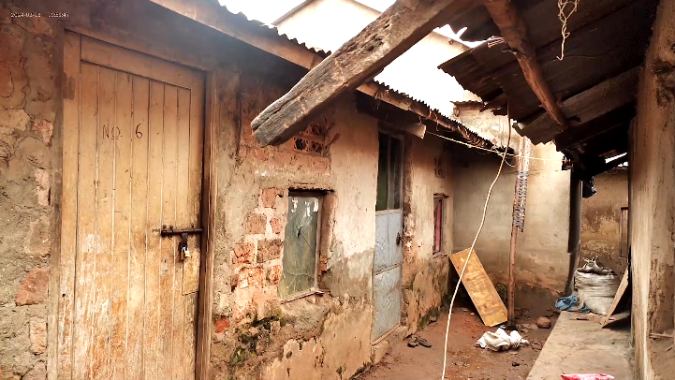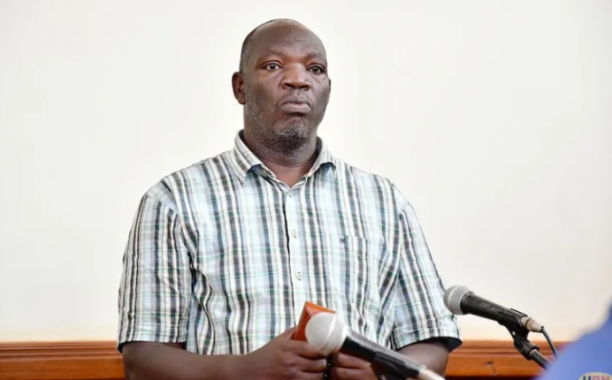Police: We still have the power to disperse unlawful assemblies
The Uganda Police Force has vowed to continue cracking down on individuals or groups engaging in illegal protests despite a Constitutional Court ruling nullifying sections of the Public Order Management Act (POMA), 2013.
Last week, five justices of the Constitutional Court resolved to render null and void sections 5 (B) and 10 (3) and (4) that impose penal sanctions on organizers and participants in peaceful albeit unauthorized demonstrations.
The ruling reads in part: “Demonstrations are disproportionate for achieving the intended purpose of ensuring orderly public meetings. More proportionate measures would involve asking the organizers to disband illegal meetings, failing which the authorities would then disperse the illegal meetings. It is only in the event of actual violence that it would be necessary to impose penal sanctions against the perpetrators of the violence.”
Police: We still have the power to disperse unlawful assemblies
It reads further: “I would therefore find that the imposition of a penal sanction under Section 5 (B) and Sections 10 (3) and (4) of the POMA is disproportionate for purposes of ensuring orderly meetings and constitutes limitations that are not acceptable and demonstrably justifiable in a free and democratic society and that contravene Article 29 (t) (d) of the 1995 Constitution.”
However, while addressing journalists at the police headquarters in Naguru on Monday, police spokesperson Fred Enanga stated that despite the above ruling, the police still has the legal mandate to block any unauthorized gatherings under the Penal Code Act.
He was also quick to state that section 5 of the POMA Act was not entirely squashed, especially the one that provides for organizers of meetings to notify police three days prior.
“For purposes of policing public meetings, assemblies and processions, the most important section in the Public Order Management Act 2013 is section 5 and is still intact. Providing for organisers of the public meetings to notify police three days before meeting date. Organisers of processions, individuals and political groups should inform police of the date, consent of venue, time, location purpose of meeting and number of guests expected,” says Enanga.
He says organisers must have traffic assembly plans, sufficient stewards and coordinate with police.
Enanga also clarified that besides the POMA Act 2013, police can still block illegal protests under sections 65 and 68 of the penal code act.
“It doesn’t mean that the police don’t have powers to police or regulate unlawful assemblies. The law provides for the regulation of unlawful assemblies under the Penal Code Act and for that matter, under section 65 it still provides what an unlawful assembly is. We therefore have powers to disperse any unlawful assemblies and riots.”
He further stated: ” We still have powers to disperse unlawful assemblies under section 68 of the Penal Code Act. There is a provision for proclamation of rioters to disperse where by a Magistrate, police officer , commissioned officer has powers to order an assembly of 12 or more rioters under the President’s name to be dispersed.”
Enanga has further warned that defying such proclamations is an offense that could lead to 5 or ten years imprisonment for the offenders.
“We have seen situations where a commissioned officer is trying to make a proclamation and there are people who try to block that process but it is an offence punishable with a maximum of 10 years imprisonment. Blocking or preventing a police officer, UPDF officer from doing a proclamation is a punishable act that can lead to 5 years imprisonment,” says Enanga.
Under section 5 of the POMA Act, an organizer is required to give notice in writing to the authorized officer of the intention to hold a public meeting, at least three days but not more than 15 days before the proposed date of the public meeting.
In 2020, the Constitutional Court revoked section 8 of the Public Order Management Act which granted the Inspector General of Police powers to stop public gatherings.
Police: We still have the power to disperse unlawful assemblies



